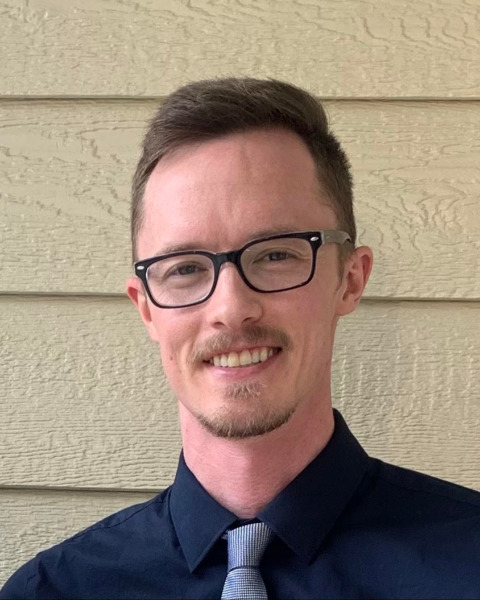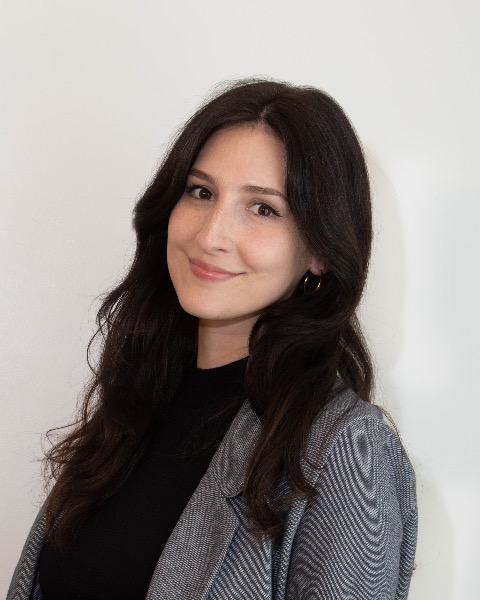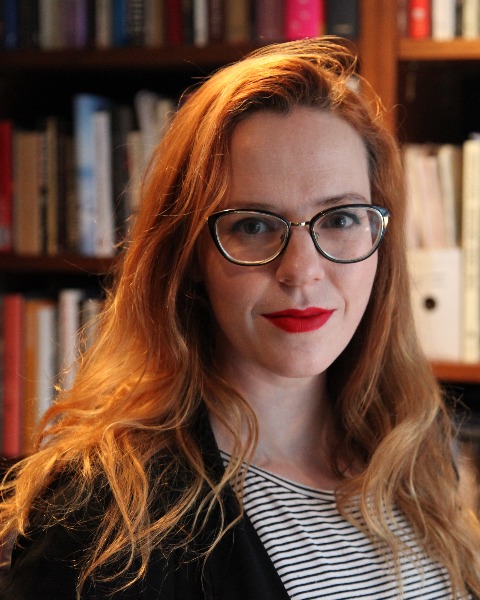Treatment - Interpersonal Therapies
(PS5-A24) Specifying the Effects of an Online, Self-help Couples’ Intervention on Specific PTSD Clusters and the Bidirectional Influence of Improvements in Relationship Satisfaction
- AS
Ashley N. Siegel, Other
Student
York University
Thornhill, Ontario, Canada 
Alexander O. Crenshaw, Ph.D.
Postdoctoral Fellow
Ryerson University
Toronto, Ontario, Canada- CM
Candice Monson, Ph.D.
Professor
Ryerson University
Toronto, Yukon, Canada - AW
Anne C. Wagner, Ph.D.
Founder
Remedy + Remedy Institute
Toronto, Ontario, Canada - KW
Kristen M. Whitfield, PhD
Masters Student
Ryerson University
Toronto, Ontario, Canada - CM
Cait Martin-Newnham, B.S., Other
Project Manager
York University
Toronto, Ontario, Canada - RV
Robert Valela, Other
Research Project Manager
Ryerson University
Edmonton, Alberta, Canada 
Sonya Varma, M.A.
Doctoral Student
York University
Toronto, Ontario, Canada- EE
Elizabeth A. Earle, PhD
Research Coordinator & Lab Manager, TULiP Lab
York University
Toronto, Ontario, Canada - AC
Alexis Collins, B.S.
Research Assistant
Ryerson University
Ajax, Ontario, Canada - VD
Victoria L. Donkin, PhD
Research Assistant
Ryerson University
Toronto, Ontario, Canada - DM
Desiree Mensah, B.S.
Research Assistant
York University
Toronto, Ontario, Canada - AD
Alyssa A. Di Bartolomeo, PhD
Graduate Student
York University
Thornhill, Ontario, Canada 
Lindsay Fulham, M.A.
Graduate Student
York University
Toronto, Ontario, Canada- ML
Meredith Landy, Ph.D., Psy.D.
Psychologist
Ryerson University
Toronto, Ontario, Canada - CS
Christina Samonas, PhD
Lab Manager and Research Assistant
Ryerson University
Toronto, Ontario, Canada 
Brian D. Doss, Ph.D.
Professor of Psychology
University of Miami
Miami, Florida
Skye Fitzpatrick, Ph.D.
Assistant Professor
York University
Toronto, Ontario, Canada
Leslie Morland, Psy.D.
Professor of Psychiatry
VA San Diego Healthcare System/University of California, San Diego
La Jolla, California
Author(s)
Co-Author(s)
Couple HOPES (Helping Overcome PTSD and Enhance Satisfaction) is an online adaptation of Cognitive-Behavioural Conjoint Therapy, a dyadic intervention for individuals with posttraumatic stress disorder (PTSD) and their partners. Initial analyses provide support for the efficacy of CH in improving PTSD symptoms and relationship satisfaction. Nevertheless, PTSD is an heterogenous disorder and as such, interventions likely do not target all symptoms equally. The Diagnostic and Statistical Manual of Mental Disorders (5th edition) currently groups PTSD into four clusters (1) intrusions, (2) avoidance, (3) alterations in cognitions and mood, and (4) alterations in arousal and reactivity. Examining the impact of Couple HOPES on each cluster may provide more granular information about which areas of PTSD symptomatology are or are not impacted by the intervention. Therefore, the aim of the current study is to identify which clusters of PTSD as self-reported and informant-reported from partners are impacted by CH by conducting a secondary data analysis from an uncontrolled trial and case series of CH. Moreover, the current study sought to examine whether changes in relationship satisfaction predict subsequent changes in the different PTSD symptom clusters and vice versa. Participants from both the uncontrolled trial (N = 17 dyads) and case series (N =10 dyads) were Military Veterans, First Responders, and Healthcare workers with probable PTSD and their partners. The CH intervention consists of seven modules that are completed by both members of the dyad. After each of the seven modules, people with probable PTSD and their partners are asked to complete self- and informant-reports, respectively, of PTSD symptoms using the Posttraumatic Stress Disorder Checklist-5 (PCL-5; Weathers et al., 2013). Participants also completed these measures before the beginning of the intervention, and at mid- and post-intervention. Multilevel modelling will be used to examine how CH predicts change in all self- and informant-reported PTSD clusters. Hierarchical multilevel modelling will be used to examine the relationship between relationship satisfaction and PTSD clusters. Results from the current study will inform who is likely to benefit from the CH program based on their symptom presentation and how PTSD symptom clusters and impacted by and impact relationship satisfaction.

